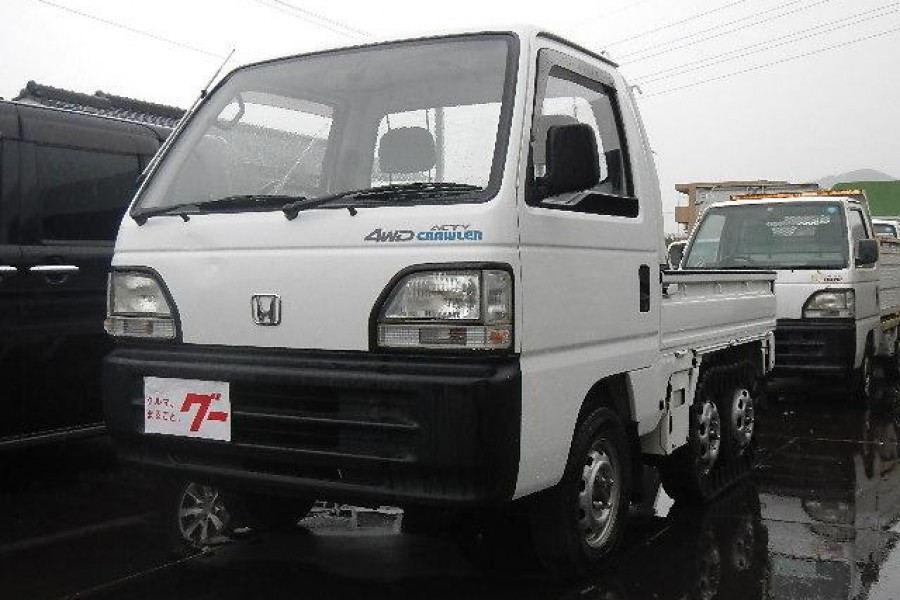If you own a truck, you know what it takes to maintain and put it in good working condition. If you are interested in trucks, you will strive to fix most of the problems alone in your garage without involving a second party. The common problem that you have to face is the leaking coolant. Your coolant will leak and it is at this point that you realize that the radiator not holding water. Here’s how to go about it.
What is a Radiator?
The radiator is the main component of your truck’s cooling system. It monitors and regulates your engine’s temperature, thus preventing your engine from overheating.
The radiator is the part of the engine cooling system which includes the liquid coolant, hoses, a fan, and a thermostat whose primary role is to monitor the temperature of the coolant. The hoses connect to the radiator and move to all engine parts. Their primary role is to deliver the coolant throughout the engine. As the coolant moves through the hots parts of the engine, it absorbs the heat, and the hot coolant goes to the radiator, where it gets cooled.
Your truck engine heats up when functioning in hot weather, but the temperatures might go up when the radiator water leaks. Why does the radiator leak?
Is Your Truck Radiator Not Holding Water? – Causes of Radiator Leak
Several reasons cause radiator leaks. Here are some of the common reasons.
When the Hoses are Not Sealed Well
Initially, we said that the radiator had hoses. It is through these hoses that the coolant moves to and from the radiator. The hoses have got joints. If the joints are not well sealed, you will experience a coolant leak from your truck.
Apart from the hose joints, the seals will start breaking with time. When this happens, the coolant will leak through the breakages. Always pay keen attention to the radiator hoses and ensure the sealing is correct to avoid leakages from the seals.
Leaking Radiator Cap
The radiator cap maintains proper pressure within the hoses. Pressure is necessary for the movement of the coolant. The radiator cap will leak without proper sealing, and the pressure will push the coolant out.
Replacing the radiator cap solves the leakage problems. If you ignore it, the rate at which water will leak from the radiator will increase.
Radiator Corrosion
The more you use your truck, dirt and debris will enter through the grills and accumulate in your radiator. The more the dirt piles up, the higher the radiator’s chance of developing rust.
The rust corrodes the radiator, which reduces its ability to hold water that will leak outside.
Preventive Maintenance
- Consider replacing the radiator hoses after covering 36,000 miles. The raw material used to make the hoses is rubber which breaks when dry.
- Always check the levels of the coolant. If you note that it is dropping drastically, there might be a leakage within the system.
- Flush the coolant after every 25,000 miles. Doing this will remove the contaminant in the coolant, which can corrode the radiator.
Conclusion
The worst experience is being on the side of the road with a leaking radiator. You should know the causes of radiator leaks and some preventive maintenance tips in this guide.

